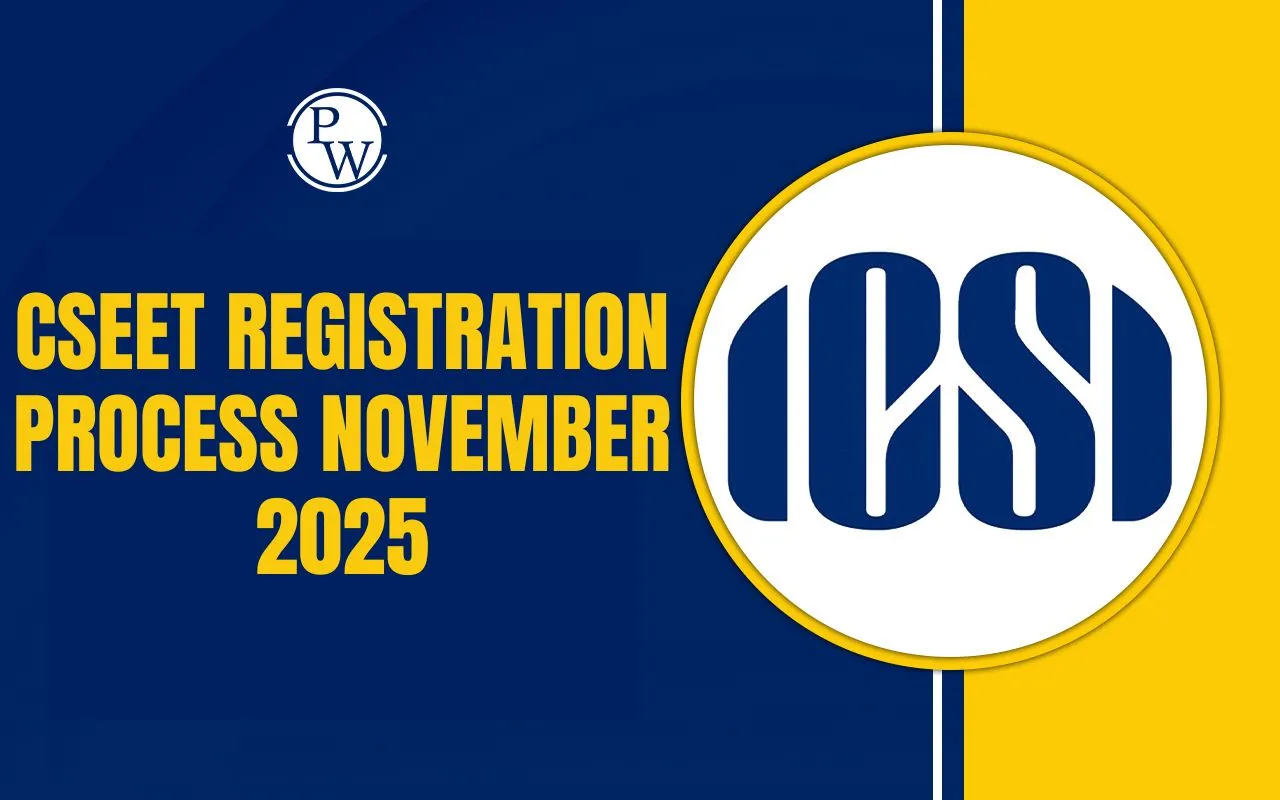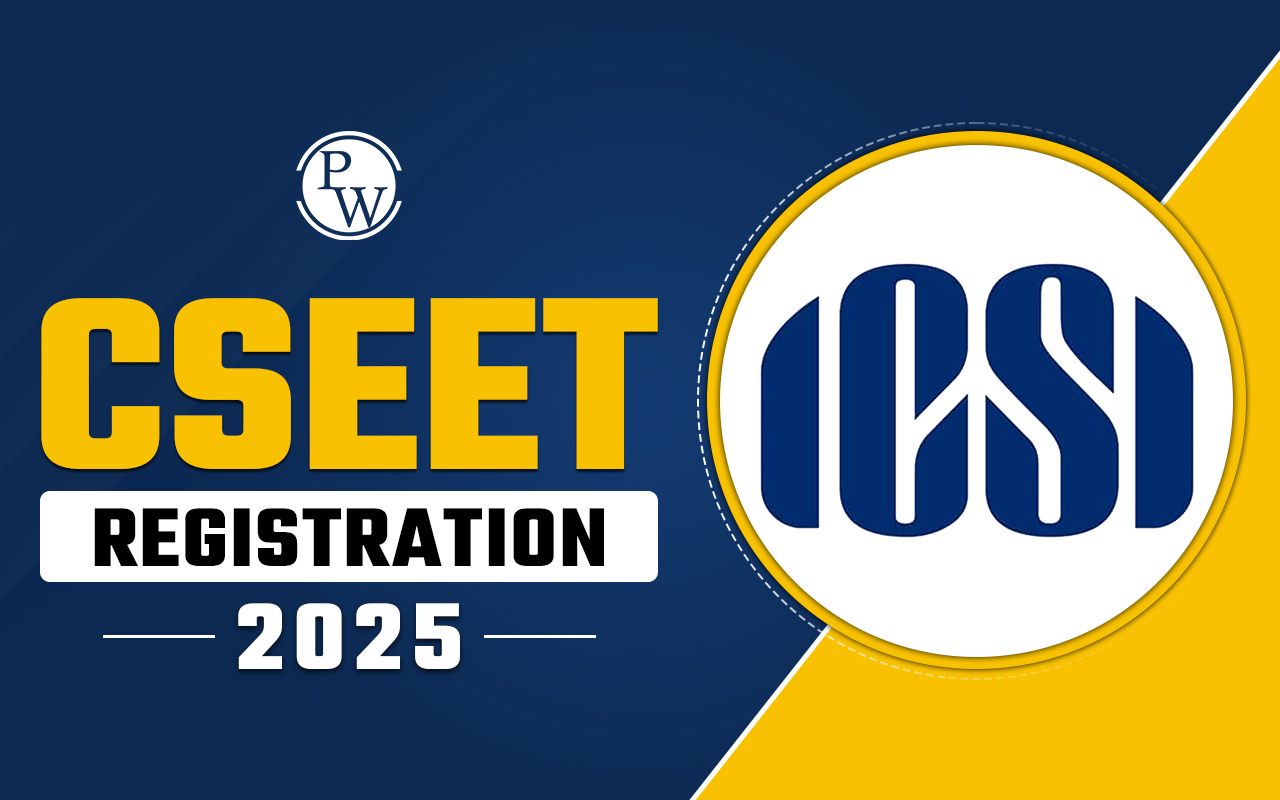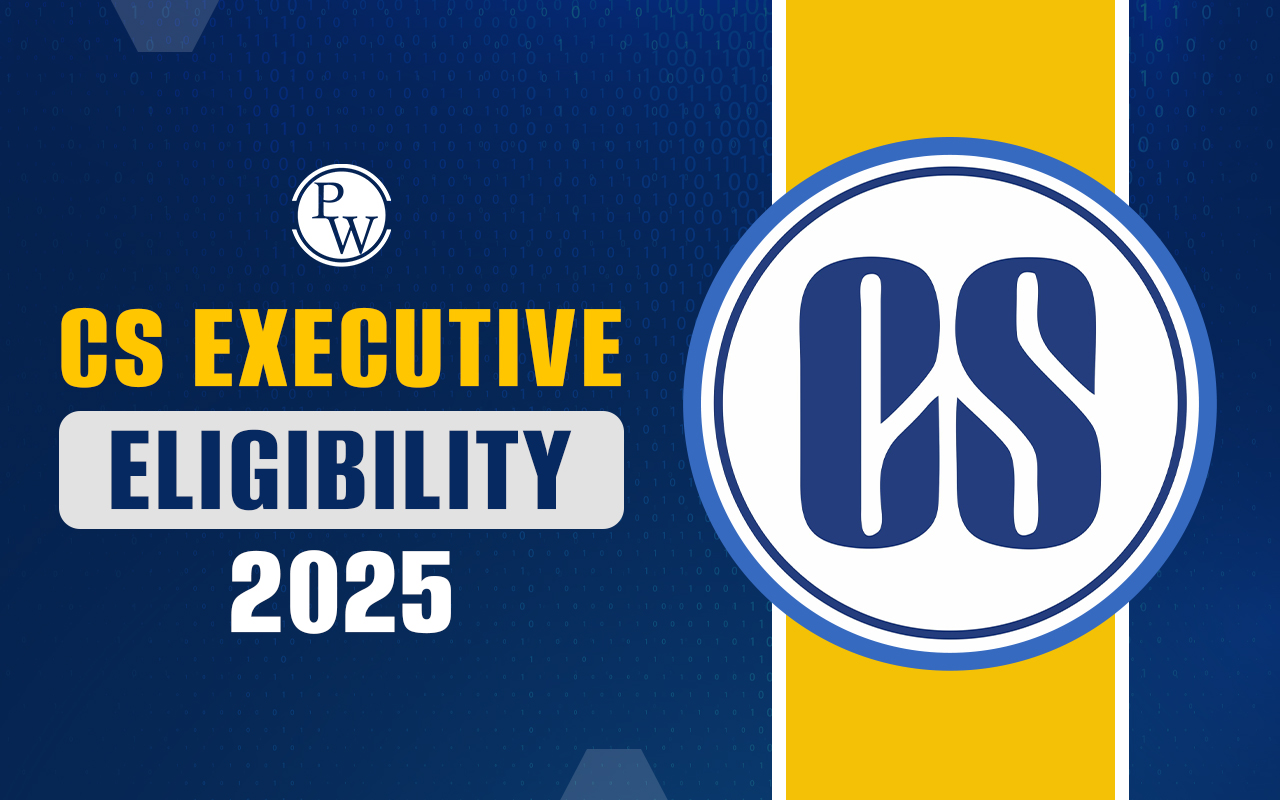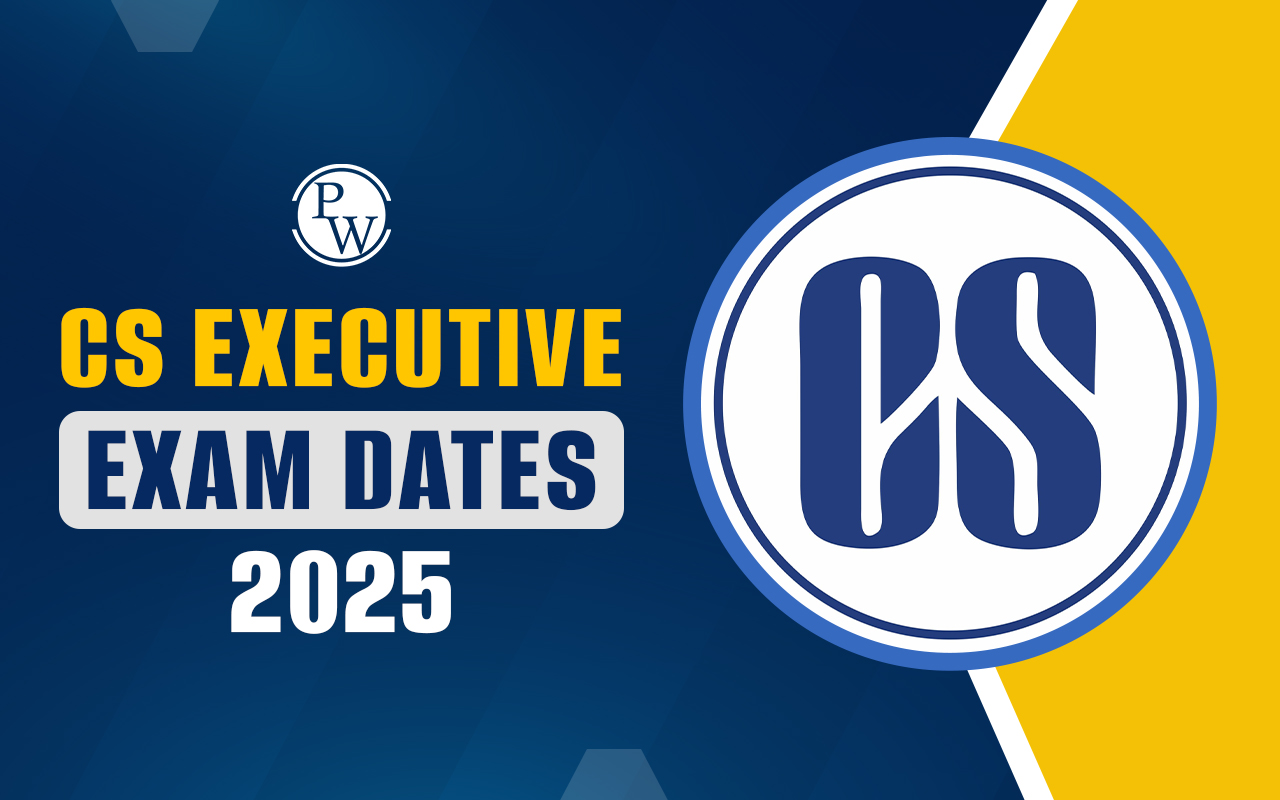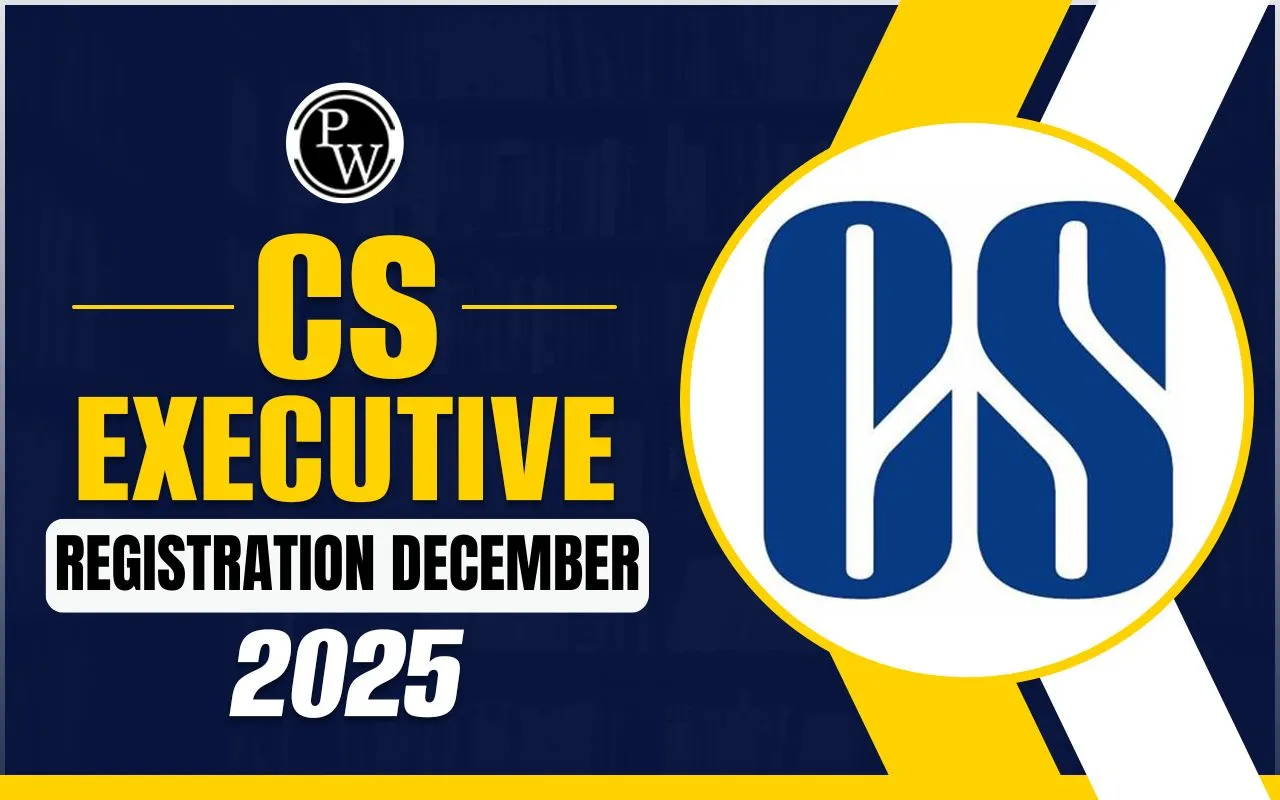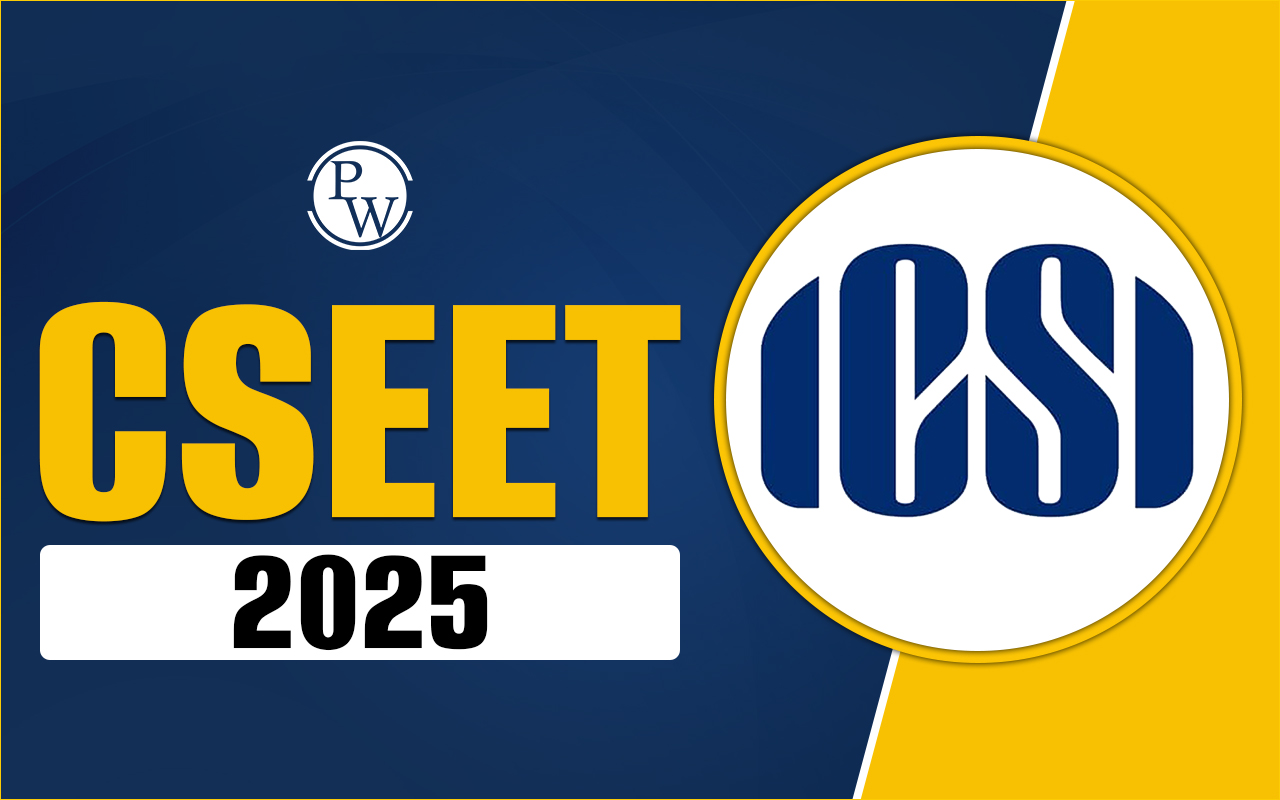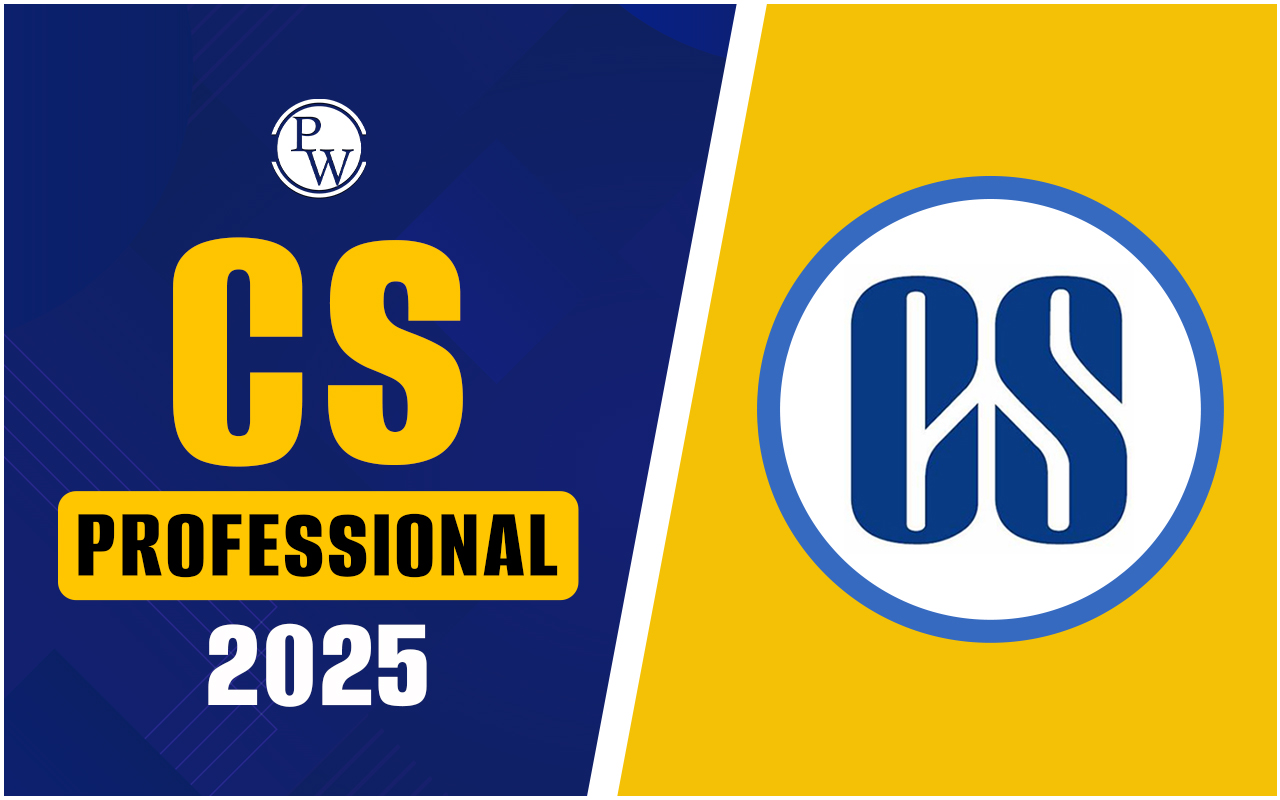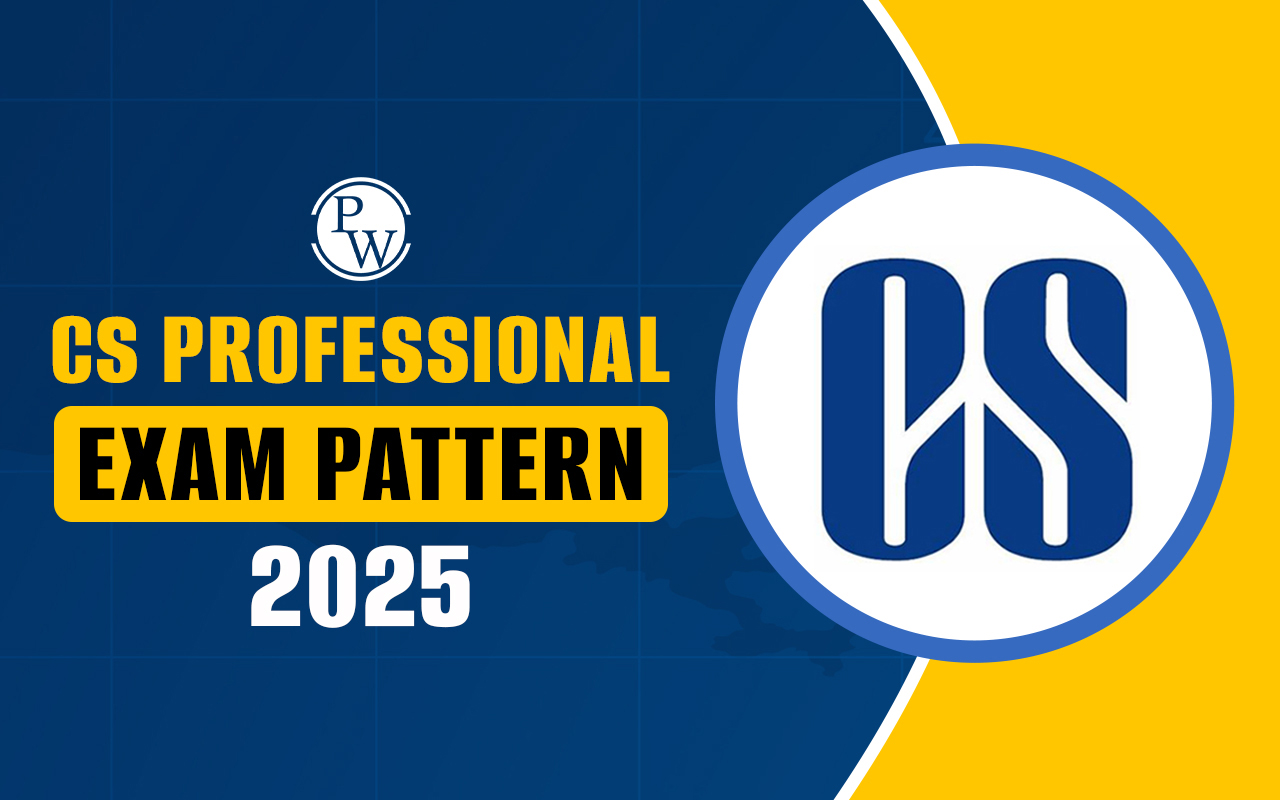
CS Executive JIGL Exam Analysis for June 2025 reveals a paper that was largely moderate in difficulty, with strong emphasis on constitutional doctrines, contract law principles, and recent legal amendments. This JIGL Exam Analysis provides a comprehensive section-wise breakdown, incorporates student feedback, and offers strategic preparation insights for future aspirants based on the examination pattern observed.
CS Executive JIGL Exam Analysis
JIGL Exam Analysis indicates that the question paper adhered strictly to the prescribed syllabus without introducing unexpected elements. The distribution of questions across various legal domains ensured a balanced assessment of candidates' understanding.
Also Check:
Key Observations from JIGL Exam Analysis:
Difficulty Spectrum: Approximately 60-70% of questions were straightforward, 20-30% required moderate application, and 10% tested deeper analytical skills.
Doctrinal Focus: Significant weightage given to constitutional principles, including Harmonious Construction and Legislative Competence.
Practical Orientation: Case-based questions assessed the application of legal provisions to real-world scenarios.
Legislative Coverage: Questions spanned IPC, Evidence Act, Negotiable Instruments Act, RTI Act, and Consumer Protection Act, among others.
Candidates who had thoroughly studied the module and practiced answer structuring reported facing minimal difficulties.
| Financial Management Analysis | Company Law Exam Analysis | Tax Exam Analysis | CMSL Exam Analysis | SBIL Exam Analysis |
CS Executive JIGL Exam Analysis Students’ Feedback
The JIGL Exam Analysis compiled these key reactions:
-
"Question paper followed the syllabus pattern strictly."
-
"Constitutional law was lengthy but answerable with proper preparation."
-
"Case studies were interesting application exercises."
CS Executive JIGL Question Paper
June 2025
CS Executive Section-wise JIGL Exam Analysis
Breaking down the JIGL paper section-wise offers clarity on high-weightage areas and their complexity.
1. Constitutional Law (High Weightage)
This segment contributed 30-35 marks and was central to the exam.
Distribution of Legislative Powers: Articles 246 and 252 were tested.
Territorial Nexus Doctrine: Case-based question referencing State of Bombay vs. RMDC.
Harmonious Construction: Application in overlapping legislative matters.
Parliamentary Supremacy: Focused on when Parliament can legislate on State List subjects.
Student Reaction: Conceptual clarity helped navigate this section, even though it was lengthy.
2. Contract Law (Moderate Weightage)
Carrying around 25-30 marks, this section requires understanding and application.
Formation of Contracts: Basic elements as per the Indian Contract Act.
Fraud vs. Cheating: Comparison involving Section 318 IPC.
Repeal and Savings: Related to the Indian Justice Code 2023 and its impact.
Student Reaction: Misunderstanding between close terms caused confusion; needed close attention.
3. Company Law (Moderate Weightage)
This part contributed 15-20 marks with questions that were mostly direct.
Corporate Governance: Duties and liabilities of directors.
Shareholder Rights: Focused on minority protection.
Student Reaction: Predictable and manageable for those who revised relevant sections.
4. Administrative and Evidence Law (Scoring Section)
This section had 10-15 marks and was considered scoring.
Natural Justice Principles: Audi alteram partem and nemo judex in causa sua.
Expert Testimony: Admissibility under the Indian Evidence Act.
Right Remedies: Focused on Habeas Corpus and related constitutional remedies.
Student Reaction: Clear principles and definitions made this part scoring.
5. Special Legislation (Scoring and Direct)
This segment had around 10 marks and included specific acts.
Consumer Protection Act: Product liability.
RTI Act: Qualifications for commissioners.
IT Act: Data privacy concepts.
Student Reaction: Easy to answer for those with an accurate section-wise understanding.
Common Challenges in the JIGL Exam
Highlighting difficulties helps future candidates anticipate and prepare accordingly.
Time Management: Especially in contract law, application-based questions.
Interpretation: Some doctrine-based and scenario-based questions needed deeper analysis.
Precision in Answers: Required structured and time-efficient presentation.
Preparation Tips for December 2025 JIGL Attempts
Based on this JIGL Exam Analysis, these tips can help students prepare more effectively:
1. Prioritize High-Weightage Topics
Focus on constitutional doctrines like Pith and Substance and Harmonious Construction. Master contract law essentials like formation, breach, and legal consequences. Revise company law topics such as directors' duties and shareholder protection.
2. Practice Case-Based Applications
Refer to judgments in the module. Solve hypothetical legal scenarios regularly.
3. Improve Answer Structuring
Begin answers with brief introductions. Use bullet points for legal provisions and case laws. Allocate time based on marks (1.8 minutes per mark).
4. Use Previous Papers and Mock Tests
Spot recurring themes and frequently asked doctrines. Attempt full-length papers under timed conditions.
5. Stay Updated with Legal Amendments
Track developments like the Indian Justice Code 2023. Follow changes in key legislations relevant to the syllabus.
The CS Executive JIGL Exam Analysis June 2025 demonstrates that success requires:
- Thorough syllabus coverage
- Conceptual clarity
- Effective time management
Future candidates should focus on doctrinal understanding, precise answer writing, and regular practice to excel. This JIGL Exam Analysis serves as a strategic guide for the December 2025 attempt.
Join PW CS Online Courses and build a strong foundation in corporate laws and governance with structured learning and dedicated support.
| Related Links | |
| CS Exam Pattern | CS Syllabus |
| CS Eligibility Criteria | CS Registration |
| CS Exam Date | CS Result |
JIGL Exam Analysis FAQs
Was the JIGL Exam 2025 difficult?
Which section carried the highest marks?
Were there any surprise questions?
How many marks should one target to score well?
What's the best strategy for the next attempt?

